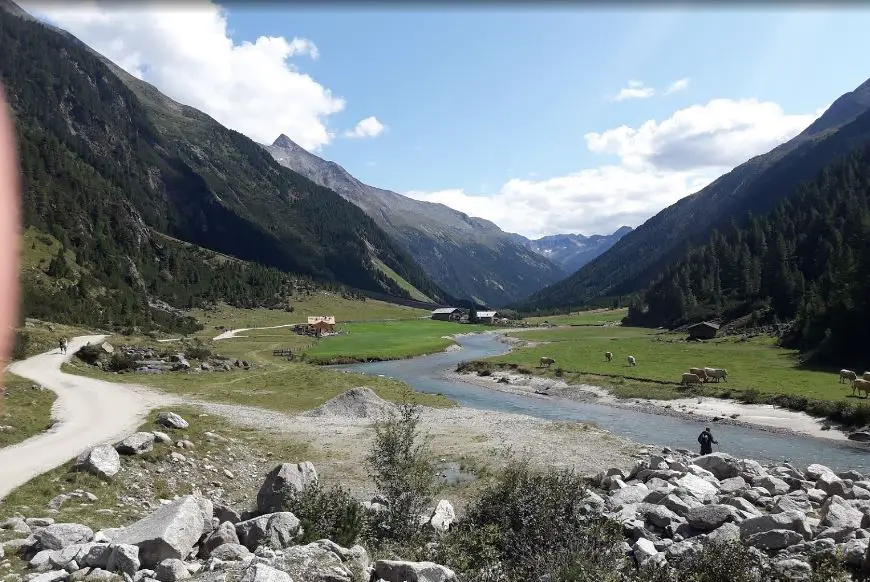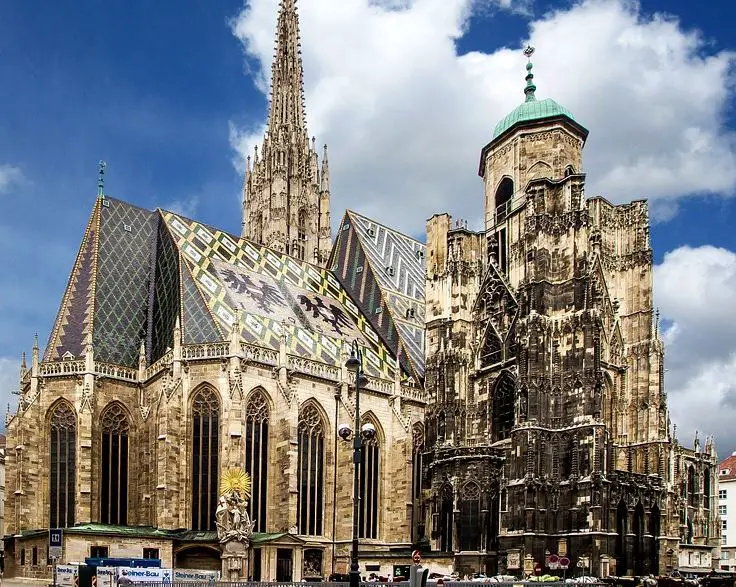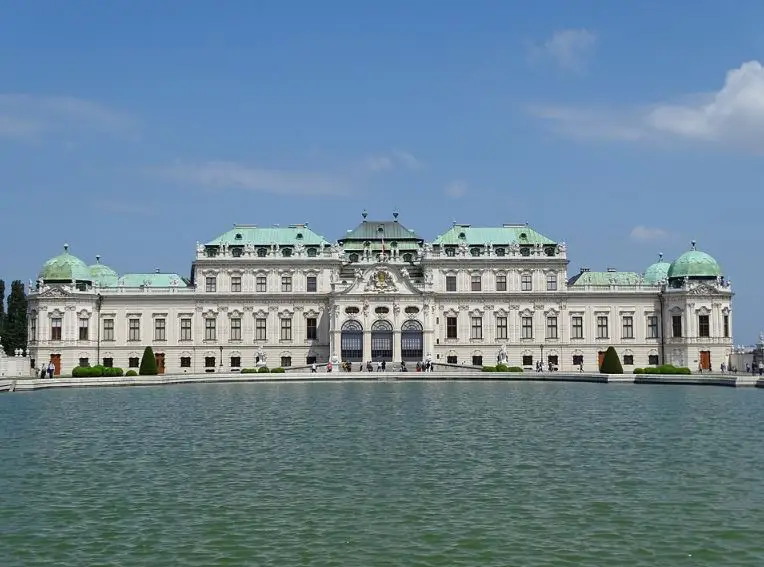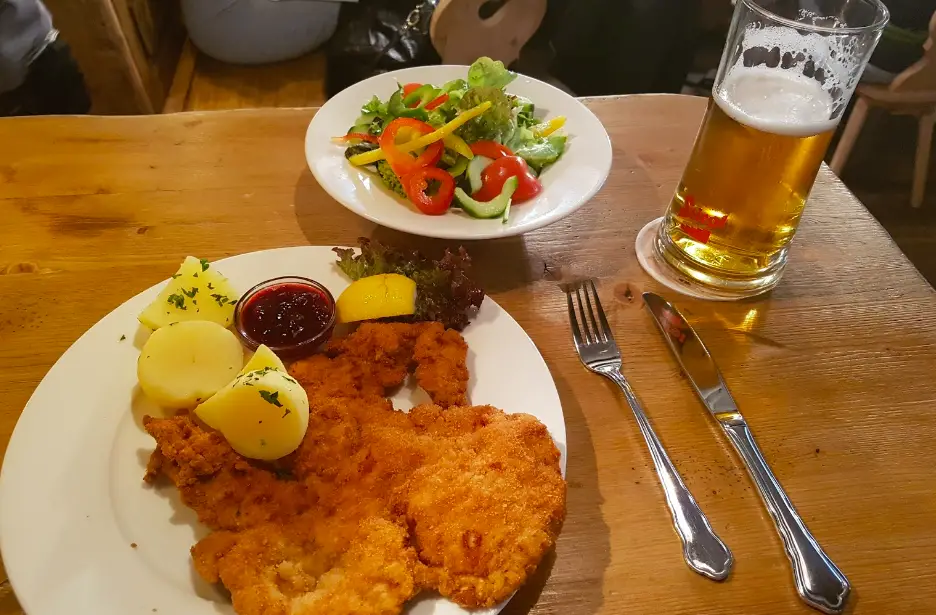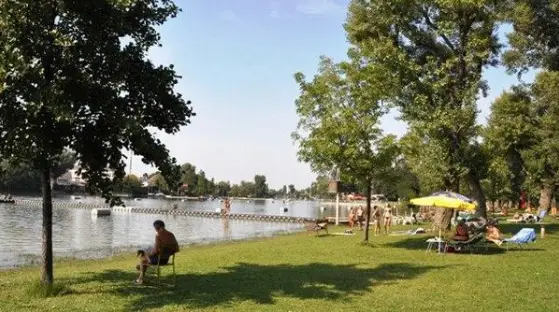How can I learn about the history of German political movements?
Post ByAdequate Travel
Summary
The history of German politics can be fascinating and engaging to explore. Whether you are interested in the Cold War era or more recent political dynamics, understanding the history of German political movements is key to understanding modern German politics. In this blog post, we will discuss the ways to learn about the history of German political movements and how you can access reliable sources of information.1. Start with a general understanding
Before diving into specific political movements, it's helpful to have a foundational understanding of German history and political context. Start by reading general books or articles on German history to familiarize yourself with important events, political figures, and their impact on the country's political landscape.
2. Study the German political spectrum
Gain an understanding of the political spectrum in Germany, which can help you categorize and understand various political movements. Research the main political parties in Germany, both historical and contemporary, and their ideologies. For example, parties like the Christian Democratic Union (CDU), Social Democratic Party (SPD), Green Party (Die Grünen), and Alternative for Germany (AfD) represent different positions on the spectrum.
3. Explore significant historical periods
Examine key historical periods in Germany that influenced political movements. The following examples highlight some important periods:
- Weimar Republic: Explore the political movements that emerged during the Weimar Republic (1919-1933) and how they contributed to its downfall, including the rise of National Socialism.
- Nazi Germany: Study the rise and fall of Adolf Hitler's Nazi Party, understanding the various factors that led to their political success and their impact on Germany and the world.
- Post-World War II: Analyze the division of Germany into East and West, the rise of communism in the German Democratic Republic (GDR), and the subsequent reunification of Germany.
4. Research key political movements and parties
Delve into specific political movements and parties that shaped German history. Some examples include:
- Social Democracy: Explore the history and influence of the Social Democratic Party (SPD), which is one of Germany's oldest political parties with a focus on social democracy.
- Communist Movement: Learn about the Communist Party of Germany (KPD) and its role in pre-World War II history, as well as the influence of communism in East Germany during the Cold War.
- Student Movement: Research the student movement and protests of the 1960s and 1970s, such as the German Student Union (SDS), which had a significant impact on German political and social development.
- New Right Movement: Study the rise of the New Right in Germany, represented by parties like the Alternative for Germany (AfD), and understand their ideology and societal influence.
5. Utilize academic resources and documentaries
Utilize academic resources such as books, research papers, and journals to gain in-depth knowledge about German political movements. Look for documentaries or historical films that provide visual and narrative context to enhance your understanding of specific movements.
6. Visit museums and historical sites
Consider visiting museums and historical sites in Germany that focus on political history. For example, the Topography of Terror in Berlin provides insights into the crimes of the Nazi regime, while the Museum of German History offers exhibitions on various periods of German history, including political movements.
By following these steps and combining various learning methods, you can gain a comprehensive understanding of the history of German political movements.Suggested Questions
- Schloss Herrenchiemsee, Chiemsee: Horror Story, History & Paranomial Activities
- Villa Hügel, Essen: Horror Story, History & Paranomial Activities
- Berliner Unterwelten, Berlin: Horror Story, History & Paranomial Activities
- Drachenburg Castle, Königswinter: Horror Story, History & Paranomial Activities
- Hotel Vier Jahreszeiten Kempinski, Munich: Horror Story, History & Paranomial Activities
- Wartburg Castle, Eisenach: Horror Story, History & Paranomial Activities


